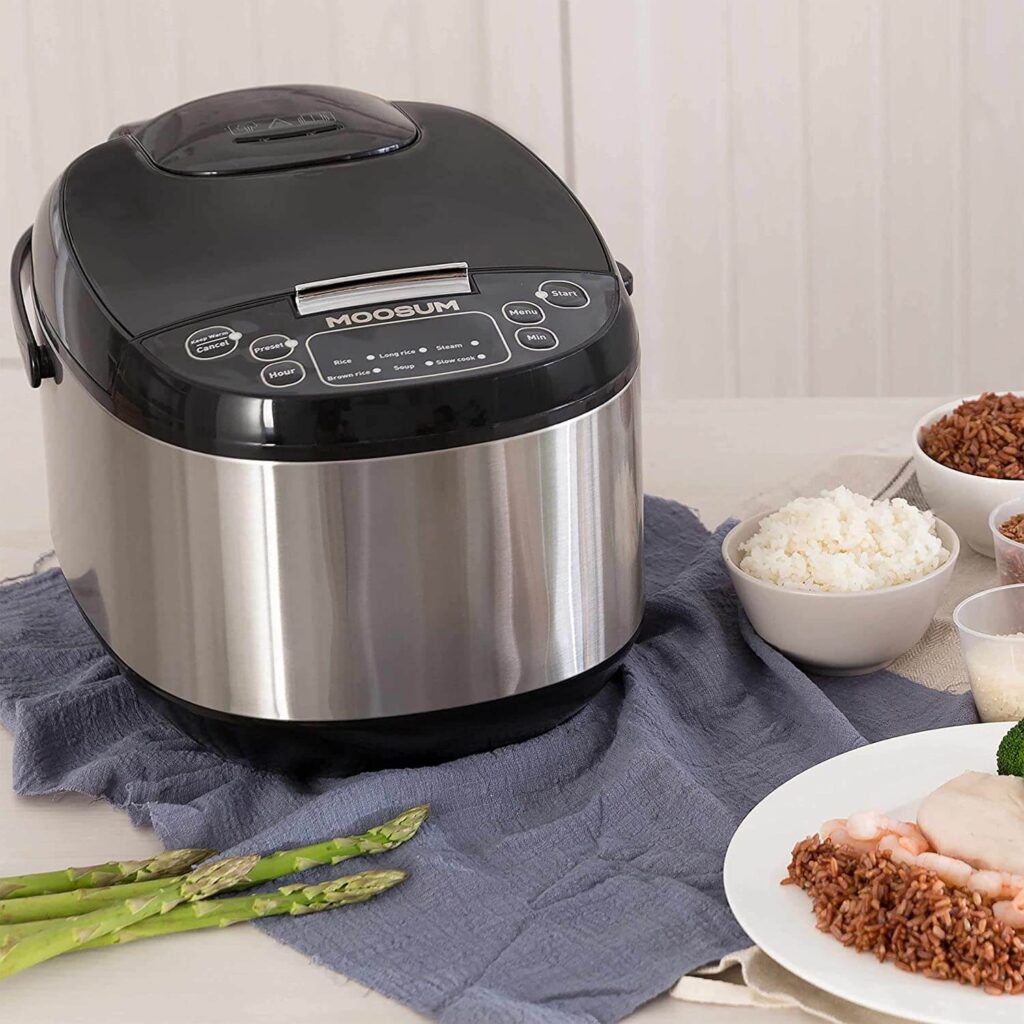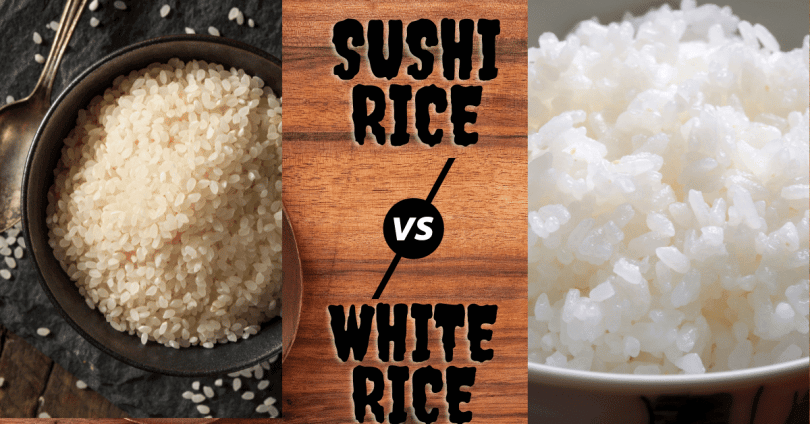Sushi rice is a Japanese staple that is made of short-grain white rice. It is cooked with a mixture of rice vinegar, sugar, and salt. White rice, on the other hand, is a long-grain variety that is usually boiled in water or broth. In this article, we will compare the two types of rice and discuss their nutritional benefits.
Nutritional Benefits, Generally speaking, rice is a carbohydrate-rich food that’s low in protein and fat. Both sushi rice and white rice are carbohydrate-based foods, but each has its own nutritional breakdown. According to the USDA National Nutrient Database, one cup of cooked sushi rice contains 227 grams of carbohydrates while just 206 grams are found in the same amount of white rice. Boiled white rice, however, has a much higher amount of protein and fiber than sushi rice does. An 8 oz. cup contains 4 grams of protein and 2 grams of dietary fiber as well as 2 grams of fat. In contrast, an 8 oz. cup of cooked sushi rice has little to no protein or dietary fiber, but it does contain 5 grams of fat.
Difference Between Sushi and White Rice
The main difference between Sushi Rice and White Rice is their stickiness. Sushi rice is stickier than white rice because it is seasoned with vinegar, salt, and sugar. This makes it ideal for sushi rolls because it helps the rice stay together and gives it a slightly sweet flavor. White rice is not seasoned and has a more neutral flavor, making it better for dishes where you don’t want the rice to overpower the other ingredients.

Carbohydrate Comparison Sushi rice is 37% carbohydrate, while white rice is 80%. Although white rice has more carbohydrates than sushi rice, both kinds of this food are high in carbs. The FDA recommends that 45-65% of your total daily calories come from carbohydrates; however, most of us get much more than the recommended amount. Unless your doctor tells you otherwise, it is generally advised to eat a healthy diet and be physically active. If you are limiting carbohydrates in your diet or suffer from diabetes, make sure to watch how many carbs you eat and count them accordingly. Carbohydrate Comparison There are approximately 45 grams of carbohydrate in 1 cup of cooked sushi rice, while the same serving of white rice contains around 44 grams.
- 15 Pound package
- California medium grain rice
Calorie Comparison Compared calorie for calorie, sushi rice and white rice have the same amount of calories: 205. This is because carbohydrates and protein both contain 4 calories per gram and fat contains 9 calories per gram. Calorie density depends on the source of macronutrients, but carbs and proteins are both lower in calorie density than fat. It takes more grams of carbohydrate to get 200 calories than it does to get those calories from fat or protein.
Fiber Comparison A cup of cooked white rice contains 2 grams of dietary fiber, while the same amount of sushi rice has less than half that amount at just 1 gram. According to the Mayo Clinic, most adults need between 20 and 35 grams of dietary fiber per day; however, most Americans only get about half that amount. Eating fiber helps you to feel fuller and eat less, so if your goal is weight loss or management it is best to compare the food labels of high fiber foods with those that contain little fiber.
Fiber Comparison White rice contains roughly 0 grams of dietary fiber per 1 cup dry serving, while sushi rice has 2 grams per cup. Fiber is essential for healthy digestion and an overall balanced diet. Fiber also helps regulate blood sugar levels, which is beneficial to those suffering from diabetes. Fiber may also help lower your cholesterol and prevent heart disease. The recommended amount of dietary fiber a day for adults is between 20-35 grams, depending on sex and age.
Related Articles!









